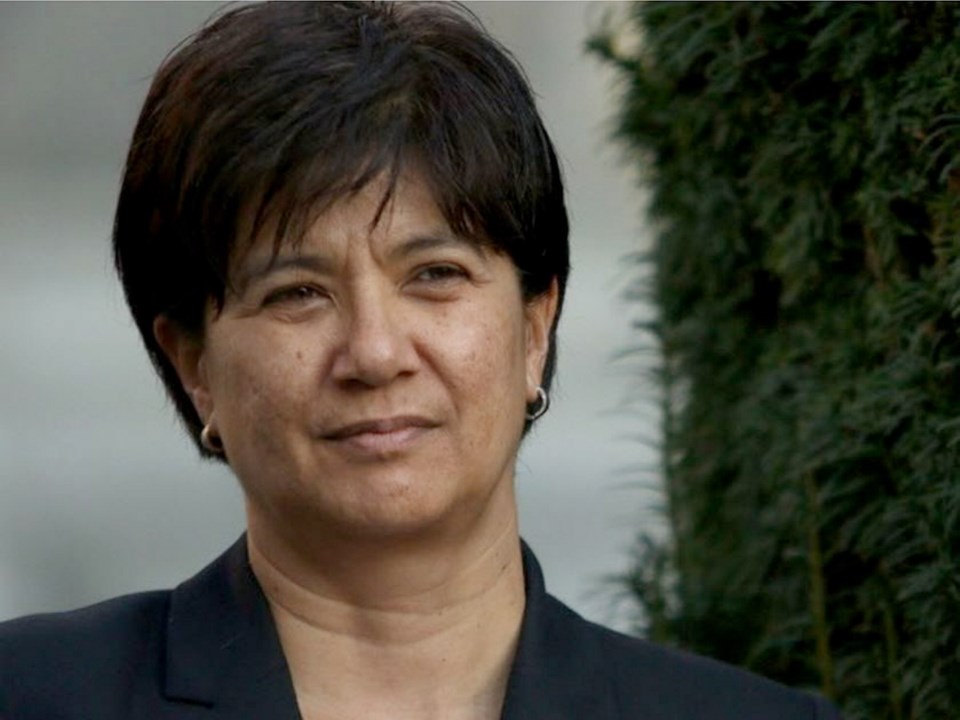Housing affordability has been the top concern for participants in a series of community meetings designed to inform the provincial government’s poverty reduction strategy — and a meeting Saturday morning in North Vancouver was no exception.
The events, which are being held in 28 communities across B.C., are a chance for ordinary citizens to provide their ideas before the government tables legislation with specific targets and timelines aimed at reducing poverty. The legislation was expected in the spring, but has been delayed to fall.
“Housing. That’s been something we’ve heard in every community and at every table,” said the parliamentary secretary for poverty reduction, Mable Elmore, as she listened to issues and ideas brainstormed by concerned North Vancouverites.
“Our goal today is to listen to people with lived experience and get their perspective.”
The Vancouver-Kensington MLA has also met with city councils, Aboriginal groups, police departments and chambers of commerce across the province during the engagement phase of the process.
“It’s important for us to create those partnerships,” she said. “The solution is not one-size-fits all.”
Participants at Saturday’s event seemed optimistic the government was moving in the right direction with the creation of a provincial strategy. B.C. is the only province without a legislated, multi-ministerial poverty reduction plan, and the province’s poverty rate is among the highest in Canada.
North Vancouver-Lonsdale MLA Bowinn Ma said people often think there is no poverty on the North Shore.
“They don’t know that our shelter is overflowing and there are thousands more people at risk of falling into poverty,” she said.
Ma was encouraged by the turnout at the North Vancouver event, where almost 50 people gathered at tables to write down their concerns and possible solutions. The ideas will be compiled in a report that will form part of the government’s plan.
“There’s going to be no easy solution,” said longtime North Vancouver resident Lynn Green. “We need a long-term focus on reducing poverty.”
Green, who is on the board directors for both the Hollyburn Family Services Society and North Shore Restorative Justice Society, was concerned with breaking the cycle of poverty and supporting children at risk.
For Joe McGuinness, community engagement coordinator for the Harvest Project, the meeting was a chance to listen to other perspectives. His group is focused on “catching” families before they fall into extreme poverty and homelessness by providing food and other basics that allow them to get their feet under them again.
“We try to remove some of the obstacles, so they feel there is hope again and they can move forward,” he said.
Yolanda Cutanda-Dela Cruz was concerned with the plight of health care workers injured on the job. The lobby coordinator for the B.C. Nurses’ Union said workplace violence puts families at risk of poverty.
The government is also seeking public feedback online until March 30.



